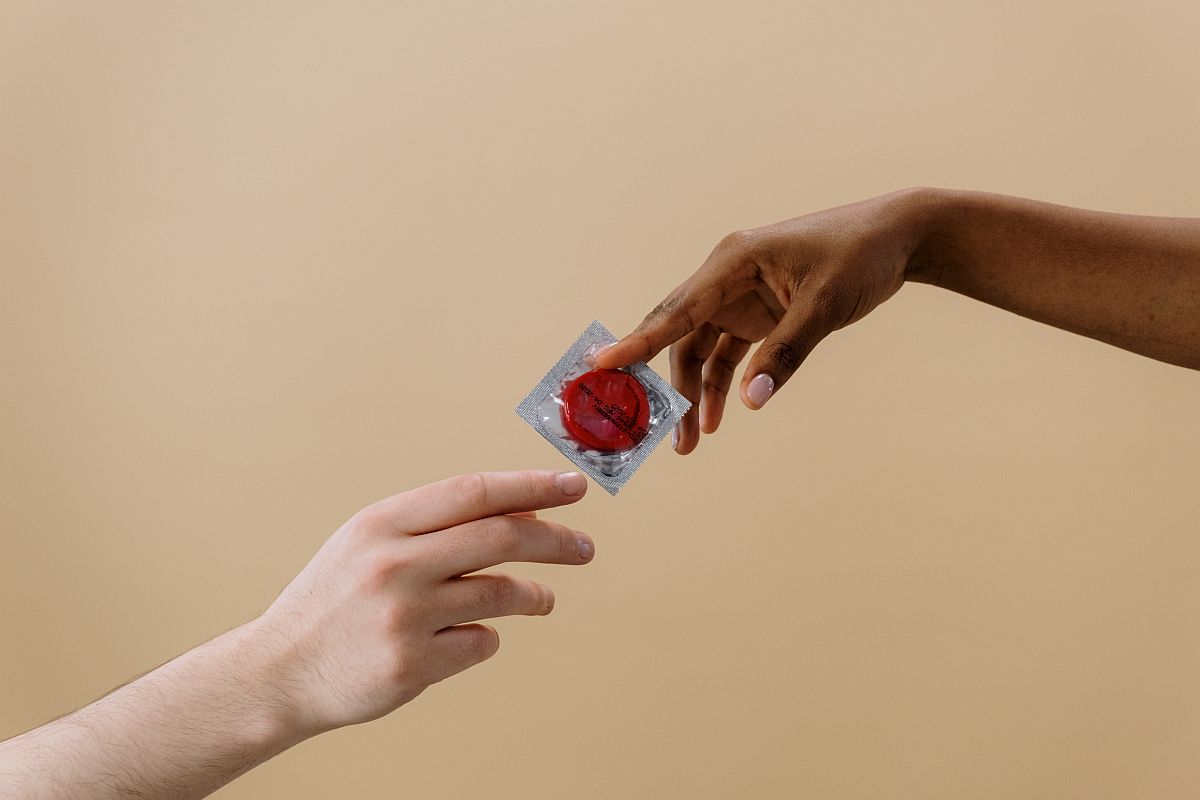Many years ago, I had a female acquaintance. The chemistry was good, the sex was great, but something unexpected happened.
Although we used condoms initially, we both decided to do away with protection just because it felt great and would lead to deeper intimacy.
Once we finished, panic set in. I’d never had unprotected sex before and had no real understanding about sexually transmitted infections other than they existed and that condoms were good at preventing them.
There is no denying it — consensual sex is fun and exciting. But while many are eager to explore sex and sexuality, few truly understand the risks of unprotected intercourse.
Minister of Health Dr Zaliha Mustafa recently announced that nearly a quarter of gonorrhoea cases and nearly 10 per cent of HIV and syphilis cases reported in 2022 involved youths under the age of 21.
With International Youth Day just around the corner (August 11, 2023), my thoughts turned to the issue of sex education among youth.
By identifying sexual health education as key to reducing incidence of sexually transmitted infections (STIs) among under-21s, the ministry has taken a step in the right direction.
Rather than portraying intercourse as something unclean or sinful, educating youths about safer sex practices can be an empowering experience.
Encouraging responsibility for one’s own health even while enjoying physical intimacy teaches balance between discipline and pleasure, and that choices have consequences.
Take condoms for example. We know that they are extremely effective at preventing pregnancies. In fact, this is still touted as a main reason for using them.
While not wrong, this emphasis has led to an unintended side effect — condoms are often used for vaginal intercourse, but almost never for oral sex.
Many regard oral sex as “safe”, as the risks of contracting an infection are much lower compared to vaginal or anal sex, but this is far from non-existent.
Gonorrhoea, chlamydia, syphilis, herpes, and even human papilloma virus (HPV) can all be transmitted via unprotected oral sex.
The simple fact is that unprotected sexual acts of any sort carry the risk of infection. But with the help of modern medicine, pharmaco-mechanical interventions exist that significantly reduce the risk of STIs.
Condoms, vaccines and pre-exposure prophylaxis (also known as PrEP – medication taken by HIV negative individuals to prevent infection from a positive partner) can be used by both men and women, adolescent and adult, and are all readily available in Malaysia at little to no cost.
Studies show that combining multiple interventions (e.g., condoms, PrEP, and counselling together) reduces STI transmission rates among at-risk populations.
Also, when properly informed about preventive measures, both risk-taking sexual behaviours and STI incidence are reduced while adherence to interventions remains stable.
Rather than preaching abstinence and demonising sex, a focus on empowering youth with knowledge about unprotected intercourse as well as options for risk-mitigation can lead to reductions in STI rates among under-21s.
The more you know, the better your choices.
I got my first-ever STI screen a week after that crazy encounter. And another one six months later. And have continued to get screened periodically since then.
Thankfully, I remain in good health, in large part due to my insistence on using both condoms and PrEP during sex.
Play the long game and protect yourself.
Kavinash is a sex-positive Malaysian who finds the consistent use of protection during sex an attractive quality and dearly wishes that you would educate yourself as thoroughly about safer sex practices as you do the Kama Sutra. Also, after rigorous testing with the scientific method, he can confirm that protection does not impede your ability to live out the Kama Sutra.
- This is the personal opinion of the writer or publication and does not necessarily represent the views of Ova.












